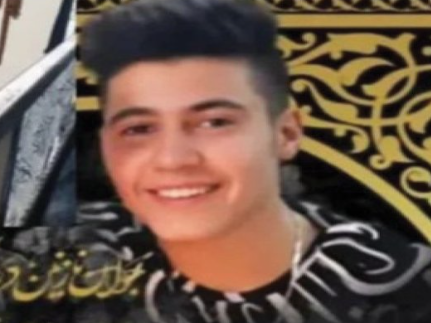Mahmood Amiry-Moghaddam, Director of IHR, condemned the act, stating, “Public hanging is an inhumane, cruel, and degrading act that not only victimizes the defendant but also the general public.”
Amiry-Moghaddam called on the international community to “condemn this barbaric punishment in the strongest terms,” warning that “we will witness more public executions if the international community fails to respond appropriately.”
Akrami had been on death row for about a year after being convicted of murder. Mohammad Sadegh Akbari, head of the judiciary in Semnan province, confirmed that Akrami was sentenced to execution by Branch 49 of the Supreme Court, for the “intentional murder” of Mahmoudreza Jafar Aghayi using a hunting weapon, as reported by Iran’s state-affiliated ISNA news agency.
While this is the first public execution in Iran this year, the Islamic Republic has already executed at least 345 people as of August 9, according to reports from rights groups.
In 2023, Iran executed 853 people, the highest number in eight years, according to Amnesty International. This marked a 48% increase from 2022 and a 172% rise from 2021. Last year, Iran carried out seven public executions, according to IHR.
Between July 22 and August 21 alone, at least 106 individuals were executed in Iranian prisons, a reminder of the brutal measures the Islamic government has used for four decades despite international criticism, reported the US-based HRANA news agency on Thursday.
The executions have not been limited to those convicted of violent crimes. Many of those hanged were political prisoners, protesters, and individuals from ethnic and religious minority groups, often sentenced in sham trials that lack transparency and due process, the report said.
This wave of executions is part of a broader strategy by the Iranian government to instill fear and suppress any form of resistance. Since the nationwide protests in 2022, triggered by the death of Mahsa Amini in morality-police custody, Iran has weaponized the death penalty as a means of crushing dissent and tightening its authoritarian grip on the nation.







